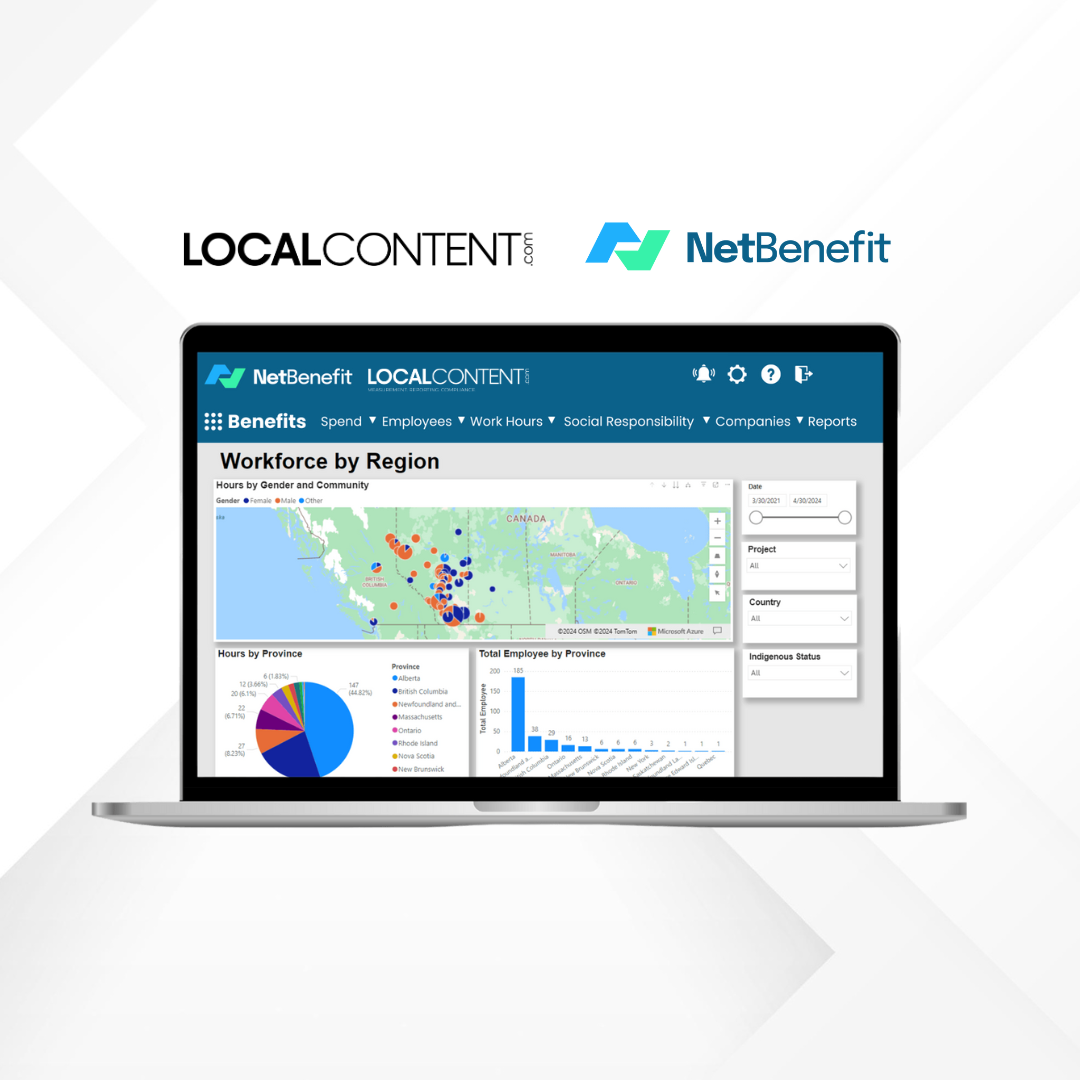The Tribal Energy Resilience and Sovereignty project (TERAS) will empower four tribes in Northern California to transform one of the state’s least reliable electrical circuits into a highly resilient renewable energy system.
Supported by $88 million in funding from the Department of Energy’s Grid Resilience and Innovative Partnerships (GRIP) program, this project will significantly advance tribal energy sovereignty, climate resilience, jobs equity, and clean energy innovation.
The 142 mile-long “Hoopa 1101” distribution circuit provides electricity to three tribes in eastern Humboldt County – the Hoopa, Yurok, and Karuk Tribes – who jointly experience some of the most frequent and longest duration outages in California. These three tribes are collaborating with the Blue Lake Rancheria Tribe, located along the Baduwa’t River in coastal Humboldt, the Redwood Coast Energy Authority (RCEA), Pacific Gas & Electric (PG&E), and the Schatz Energy Research Center at Cal Poly Humboldt, to co-develop nested microgrid solutions.

Advancing the state of microgrid technology: Major technical innovations of this project will include deployment of three nested microgrids – for the Hoopa, Yurok, and Karuk Tribes – and development of a complex controls system that is appropriate to support rugged, rural, and wildfire-prone environments. As “front-of-the-meter” energy systems, each of the three microgrids will be capable of powering a portion of PG&E’s electrical circuit during local outages, and will be able to function either jointly or independently, as immediate circumstances along the power line require.
To support this project, the Blue Lake Rancheria (BLR) is expanding its own campus energy system into four nested, behind-the-meter microgrids, which will provide a demonstration site for the controls system that will subsequently be deployed along the Hoopa 1101. “Tribes believe in the principles of self determination as a cornerstone of tribal sovereignty,” says Jason Ramos, Acting Chair of the Blue Lake Rancheria. “This project makes us even more resilient. As we demonstrated with our earlier microgrids, this nested microgrid project will advance critical technology, and that is good for all Californians. Robust microgrid technology will assist the state to reach its ambitious carbon emission goals.”
Technical development for TERAS is being led by the Schatz Energy Research Center – whose award-winning projects include California’s first front-of-the-meter, 100% renewable energy microgrid at the Redwood Coast Airport, and the BLR’s main campus microgrid system. “We are honored to work with this tribal partnership, and are excited to radically expand the capacity of microgrids to provide energy reliability in high-risk locations,” says Schatz Center Director Arne Jacobson. “These tribes are already leading the field in dam removal, healthy fire on the land, middle and last-mile telecommunications access, and renewable energy systems deployment – and will now support development of what we hope will be a game-changing climate resilience solution.”
Clean energy projects led by tribal partnership: As Chairman Russell “Buster” Attebery of the Karuk Tribe explains, “More often than not, the disadvantaged community of Panamnik (Orleans) is faced with power grid blackouts and shortage of resources due to its remote location. Microgrid energy will not only empower our tribal sovereignty, but provide the safeguards needed to survive along the river. Our people will no longer fear losing their food or vital medical resources, like vaccines, as we have in the past. TERAS is a great example of tribes working together in accomplishing good for their people; we are proud to be a part of this collaborative.”
Yurok Tribe Chairman Joseph L. James shares, “This project dramatically improves energy resiliency on our reservation and represents a major step toward our goal of energy sovereignty. I would like to thank the DOE for the award and our fellow tribes, RCEA, and the Schatz Energy Research Center for working with us to develop a resilient network of tribally owned microgrids to power our homes, schools, government buildings, businesses, and community centers.”
Linnea Jackson, General Manager of the Hoopa Valley Public Utilities District, adds, “The Hoopa Valley Tribe is deeply honored to be a part of the Department of Energy’s Grid Resilience and Innovation Partnerships (GRIP) program along with our esteemed project partners. The Hoopa Valley Tribe has always been a steward of our natural resources, and this award enables us to further our efforts in ensuring tribal energy sovereignty and environmental protection for our community. We look forward to leveraging this opportunity to build a resilient and sustainable energy future for our tribe and beyond.”
A model for rural communities: TERAS will create reliability along the Hoopa 1101 distribution circuit at roughly half the cost of conventional hardening solutions such as undergrounding – and will do so via a partnership that prioritizes intertribal collaboration, tribal capacity building, grid resiliency and decarbonization, and workforce and economic development.
TERAS will advance…
- Tribal sovereignty – through tribal construction, ownership, and operation of advanced microgrid systems.
- Resilience – with an anticipated 90% reduction in outage hours across the microgrid service area.
- Clean energy – via installation of over 20 MW in renewable energy resources.
- Career development – through the creation of pre-apprentice and apprentice pathways for tribal members, and access to union apprenticeship programs.
- Education – by close collaboration with regional K-12, community college, and university programs to support student outreach and training, and local capacity building.
Administration and timeline: TERAS project work is expected to begin in 2025, and the microgrid systems should be operational within five years. The TERAS project award will be administered by the Redwood Coast Energy Authority (RCEA). “RCEA, Humboldt County’s community choice energy provider, is honored to partner with local tribes on TERAS, which will be a major milestone for our clean energy and resilience efforts. We look forward to creating effective strategies to improve community resiliency that can be replicated throughout the nation,” says RCEA Interim Executive Director Eileen Verbeck.
For more information, visit schatzcenter.org/news or contact:
- Blue Lake Rancheria Tribe: Heidi Moore-Guynup, Director of Tribal and Government Affairs, hguynup@bluelakerancheria-nsn.org or (707) 668-5101 x1045
- Hoopa Valley Tribe Public Utilities District: Linnea Jackson, General Manager, gm@hoopavalleypud.com or (530) 625-4543
- Karuk Tribe: Sherezada Caballero, Public Relations, scaballero@karuk.us or (530) 643-1702
- Yurok Tribe: Matt Mais, Public Relations Director: mmais@yuroktribe.nsn.us or (707) 954-0976
- Schatz Energy Research Center: Maia Cheli, Senior Development Manager, schatzenergy@humboldt.edu or (707) 826-4345
- Redwood Coast Energy Authority: Eileen Verbeck, Interim Executive Director, outreach@redwoodenergy.org or (707) 291-4588









